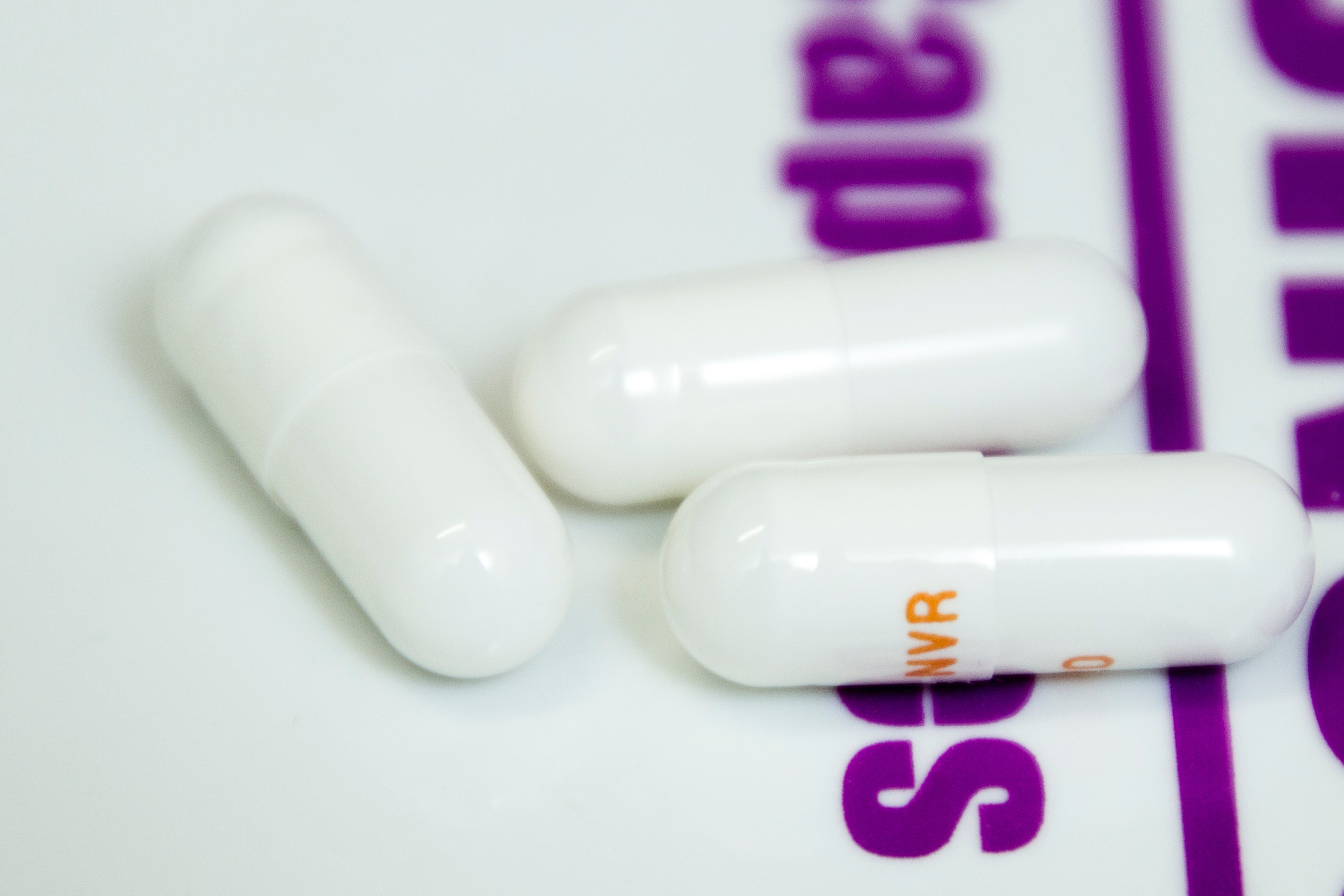Tans Medal for Albert Scherpbier
During his farewell as dean of the Faculty of Health, Medicine and Life Sciences (FHML) of Maastricht University (UM) and as vice president of the Board of Directors of Maastricht UMC+ on Friday, Prof. Albert Scherpbier was awarded the highest distinction at UM, the Dr J.G.H. Tans Medal. He was also granted the Maastricht UMC+ Award. Scherpbier was presented with the awards by the president of the UM Executive Board (Tans Medal) and the president of the Maastricht UMC+ Board of of Directors (MUMC+ Award).
Career in brief
Albert Scherpbier studied philosophy and medicine at the University of Groningen and has been working at Maastricht University since 1991. He started his Maastricht career as head of the Skills Lab at the Faculty of Medicine. During this period, he also started scientific research into the quality of skills training during the medicine programme. He then obtained his PhD at UM with a thesis entitled 'Quality of skills training assessed'. After the merger of the Faculty of Medicine and the Faculty of Health Sciences, Scherpbier was appointed scientific director of the new Education Institute at FHML. In 2008, he was asked to become associate dean of this faculty. Since 2011, as the successor of Prof. Martin Paul, he has held the position of dean of FHML as well as the position of vice president of Maastricht UMC+.
Medical education
During his impressive career in Maastricht, Scherpbier has made extraordinary efforts to improve the quality of education within FHML. He has uniquely contributed not only to the quality of university lecturers and future healthcare professionals, but certainly also to the reputation of the Maastricht Faculty of Medicine as one of the most innovative in the world. His name is widely known in the field of medical education, among other things due to the ‘Scherpbier reports’ that focus on improving the quality of advanced medical training. Scherpbier has published more than 500 scientific articles and books as an author or co-author, and has supervised or co-supervised more than 50 PhD candidates from the Netherlands and abroad. He is also still closely involved in various national and international associations and committees in the field of medical education. Moreover, he is a sought-after advisor in many countries. “The award of the Tans Medal to Prof. Scherpbier is a well-deserved honour for a Maastricht figurehead in the area of evidence-based education and research aimed at modernising the medical curriculum and specialist medical training”, says Martin Paul.
Health Campus
During his time as dean of FHML and vice president of Maastricht UMC+, Scherpbier has also been one of the driving forces behind the turbulent development of the Brightlands Maastricht Health Campus. Since 2016, as CEO, he has been in charge of the prestigious SCANNEXUS scanner lab, which, with three ultra-high field MRI scanners of 3.0, 7.0 and 9.4 Tesla, facilitates scientific research at the highest level into MRI diagnostics and neuro imaging at UM and Maastricht UMC+. He is also chairperson of the board of the Chemelot Institute for Science & Technology (InSciTe), a public-private partnership between UM, Maastricht UMC+, the Province of Limburg, DSM and TU/e.
Healthy Region
As vice president of the Maastricht UMC+ Board of Directors, Scherpbier was one of the initiators of the plan 'Research and Innovation with and for the healthy region’ of the NFU (Netherlands Federation of University Medical Centres). With this plan, the UMCs have taken on the task of playing a connecting role in solving health issues close to home by also deploying scientific research and innovation regionally (‘Think globally, act locally’). Together with partners, knowledge and innovation agendas are being drawn up for each region, in which the questions and needs of patients and citizens are leading.

Also read
-
In honour of the presentation of the VNVA Els Borst Prize for her oeuvre, Prof Marlies Bongers is organising the symposium "menstruation in RED on the agenda" on 1 October.
-
In women trying to conceive, 1-3% experience repeated miscarriages. For more than 50% of these women, a cause for the miscarriages has yet to be found. New research from Maastricht University (UM) and the Maastricht University Medical Centre+ (MUMC+) shows that the immune system’s Natural Killer (NK...
-
The European Commission has awarded €23 million to set up a new platform for drug repurposing: the use of existing drugs in diseases other than those for which they were originally developed. In the next seven years UM will develop the platform REPO4EU (precision drug REPurpOsing for Europe)...



